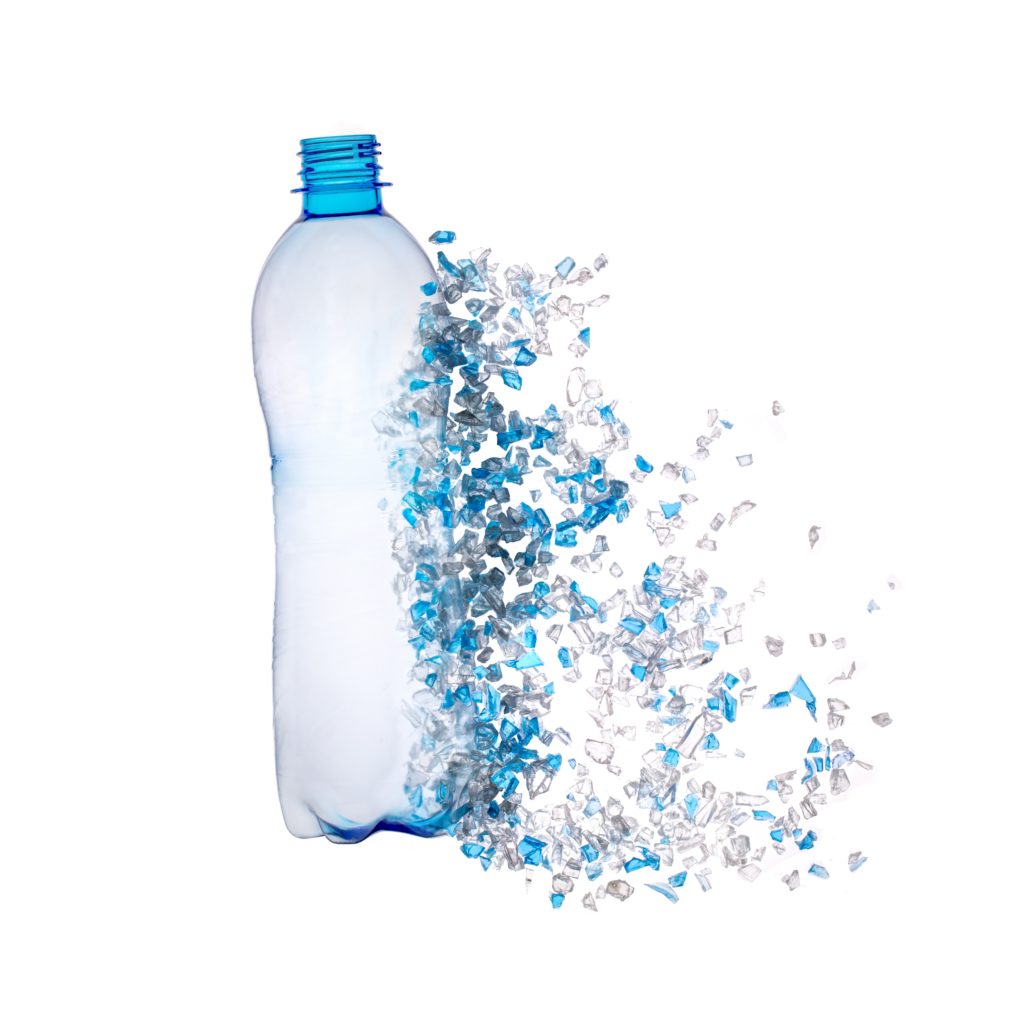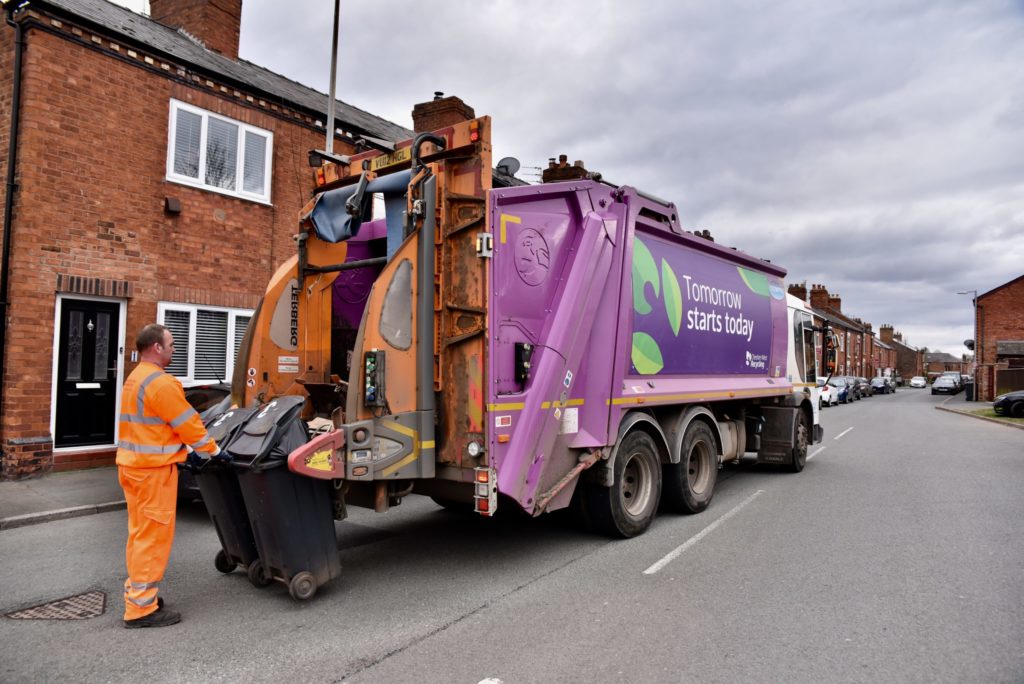The British Plastics Federation’s (BPF) much-anticipated chemical recycling event returned last month for a successful third edition. This annual online event was again held in collaboration with Plastics Europe and has been growing in strength and depth of know-how since its foundation.
The expansion of chemical recycling is increasingly being spoken of as a clear necessity thanks to the world’s growing need for lower carbon recycled products within the emerging circular economy.
The topic has come to the fore for the world’s plastics producers since the production of recycled plastics is estimated to increase to 1.2 Mt in 2025 and 3.4 Mt in 2030. A significant share of this recyclate could be provided by chemical recycling – not least because the ouput materials are of virgin quality and would be suitable for many food contact applications.
The growing willingness for developing chemical recycling includes all parts of the industrial supply chain, with the earliest adopters including some of the world’s biggest chemical producers. The upstream thinking is also being influenced and shaped by a significant number of non-governmental organisations (NGOs) such as the World Wildlife Fund (WWF), which presented at the BPF’s 11 October half-day event.
Dr Sally Beken of the Innovate UK Knowledge Transfer Network (KTN) chaired the online proceedings. She stated that chemical recycling can be simply defined as “all the various non-mechanical ways that we process waste polymers in order to revalorise them.”
Beken added that “there are plenty of further definitions out there and my own is something like — any chemical, thermodynamic or enzymatic process applied to waste polymers in order to make new chemicals or oligomers for industrial use.” Beken also counselled “not to forget molecular husbandry and enzyme depolymerisation.”
Technology
Currently, the recycling technology is primarily being used to process polymers that are contaminated or that have come from mixed or inseparable waste streams, from sources such as post-consumer packaging or medical waste streams.
In addition, the process needs to be carbon efficient and investment in its infrastructure should go hand in glove with supporting life cycle analyses (LCAs), trace elemental analysis (TEA) and other relevant scientific research.
Chemical recycling also needs to find its place alongside other developments in sustainability. The WWF, for example, continues to prioritise ‘reduction and reuse’ while spelling out a total of ten other principles relating to the adoption of the technology. Key among these is the reminder that “chemical recycling processes should demonstrate a reduced carbon footprint compared with the production of virgin resin.”

Brands
Brand owners and product manufacturers are also watching the emergence of chemical recycling with keen interest. For example, Dr Colin Kerr, Unilever’s Global Head of Packaging Technology, pointed out to attendees that — from a toiletries and food perspective — mechanical recycling has a significant number of limitations, including inconsistency of recyclate quality and colour, amongst others, together with very limited availability of food contact post-consumer recyclate (PCR), albeit due to regulatory barriers.
The prospect of unlocking more PCR via chemical recycling is therefore very appealing to brand owners — greater volume, consistency in polymer strength and quality, and increased amounts of food-grade recyclate.
Producers
But is there capability within the supply chain to match demand?
A number of producers made contributions to the debate, including materials giants Dow and BASF. The latter is well advanced with its trade marked ‘ChemCycling’ process that is described as complementary to mechanical recycling. BASF is clear that “chemical recycling is ready for large scale industrial use” but that “challenges remain to make technology broadly applicable and to meet demand.”
Dr Peter Sandkuehler of Dow Packaging and Specialty Plastics presented on how to upscale circular polymer solutions through chemical recycling. His presentation wove together themes such as the EU’s net zero carbon ambitions and policy targets together with brand owner sustainability commitments, polyolefin market dynamics and Dow’s own three sustainability pillars, its sustainable partnerships and how these were all likely to play out and influence each other in the coming years.
Other detailed perspectives were given by the UK’s Food and Drink Packaging Federation, ISCC Systems, S&P Global, and Plastic Energy.
This year we had 40% more attendees than the previous show
- Paul Baxter, BPF events manager
The BPF’s events manager Paul Baxter put the event together and reflected that the topic has undoubtedly gathered significant traction in the past three years. “’This event is growing significantly year on year. This year we had 40% more attendees than the previous show and the event is becoming more international, with attendees coming from 22 countries.”
Delegates were also treated to five further in-depth, pre-recorded technical presentations. Presenters included Oxford University, Carbios, Hull University, the University of Texas and the World Plastics Summit.
For those who missed it, a recording of the event is available to purchase on the BPF website.












Subscribe for free